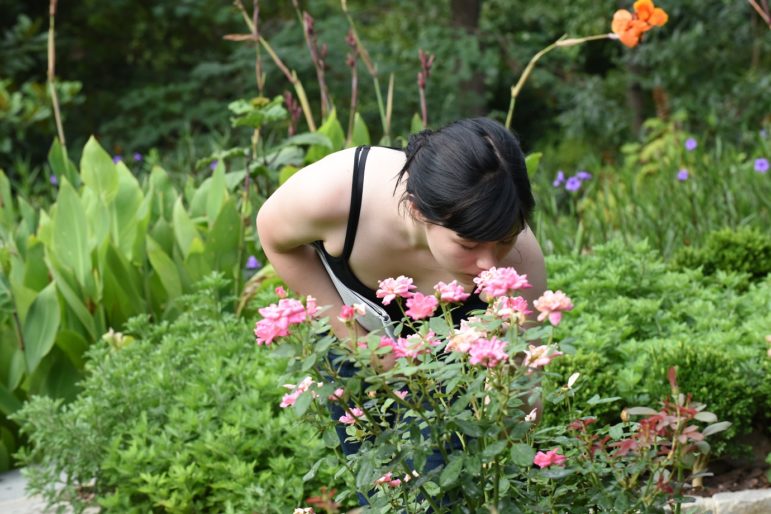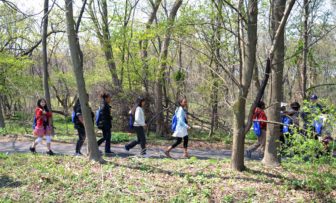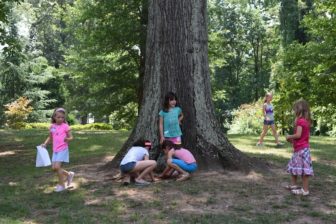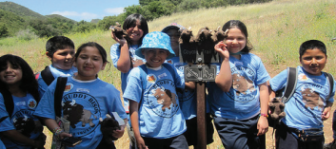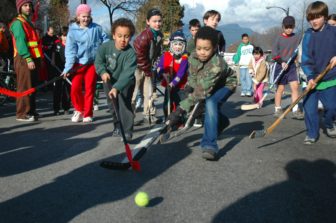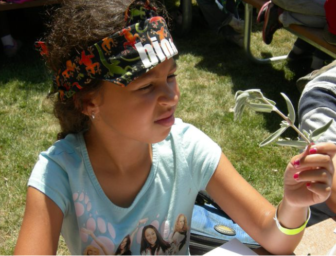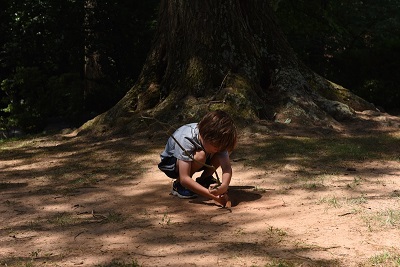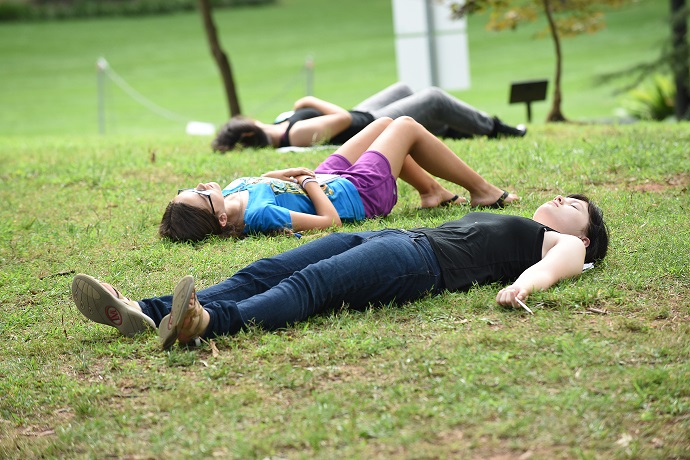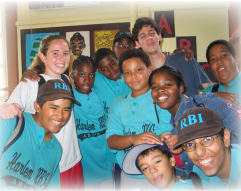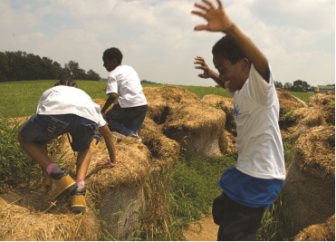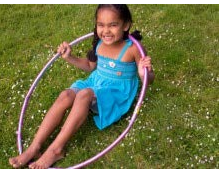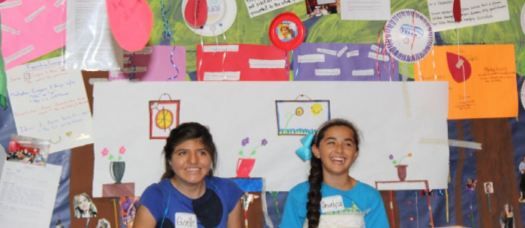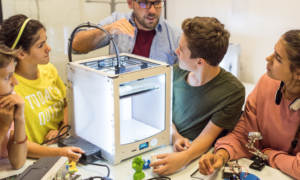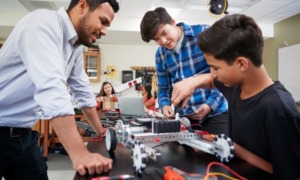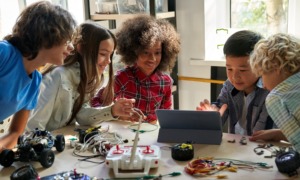Summer Vacation Special! Virtual Summer Learning Camps
Here’s your guide to find the best virtual summer camps — some are FREE! Children can easily sign up for a whole summer of activities. These virtual summer camps cover just about any topic that children might be interested in — coding, robotics, mathematics, art, reading, writing and more!
Keep kids entertained and educated this summer!

Explore & Download These Resources
Summer of Adventure
Summer of Adventure is a joint project by the National Summer Learning Association and Orville Redenbacher’s. Designed by educators as an experiential series of enriching activities for kids 13 years and over, the Summer of Adventure allows them to earn badges of achievement during the summer months.
Literature-Based Teaching in Science: Poetry Walks
Developed by Reading Rockets, this handout provides ideas for how to engage children & youth in reading and discussing poetry with nature imagery. Some ideas are to take students on a poetry walk around the school, neighborhood, or community to observe and collect sensory images from direct experience with nature. Students can take a poetry journal with them to write down words as they observe, listen, smell, and touch things outside the classroom. Perfect for any summer program.
30 Things to Find in a Park
This handout from the National Park Trust is a checklist of things that children and youth can look for during a field trip.
Park Adventure Booklet
Developed by the National Park Trust, this booklet provides a wide range of checklists for trips to parks, as well as activities that can engage youth in nature, such as leaf rubbing, a nature scavenger hunt, and journaling.
Summer Starts in September
This guide, developed by the National Summer Learning Association, provides ways to plan using 80 summer learning quality indicators to design programs, including Purpose, Program Sustainability, Planning, Staff, Partnerships, Individualized, Intentional, Integrated and Unique Program Culture.
Expanding Summer Learning, Meals and Jobs for America’s Young People
This guide by the National Summer Learning Association is designed to provide the key steps to increase access to high-quality summer learning, meals and jobs opportunities in the community. The guide also provides examples of how programs across the country are finding innovative ways to move summer from a time of risk to a time of great reward.
National Geographic Summer Learning
A website developed by the National Geographic Society that contains a wide variety of links and resources that can help to develop summer learning programs. Topics include “connecting with your community,” “summer explorations,” and “citizen science.”
Fight the Summer Slide
Simple ideas for fighting the summer slide which can be incorporated into any summer learning program.
Summer Learning Calendar
This calendar provides a model for how to develop summer learning themes, as well as integrate reading, writing, and math into a theme.
Summer Learning Guide
Developed by the Partnership for Afterschool Education, this practical guide provides strategies for creating a summer learning environment, integrating math and literacy into the summer program, as well as developing educational fieldtrips.
Summertime and Weight Gain
According to the National Summer Learning Association, “children gain weight three times faster during the summer months, gaining as much weight during the summer as they do during the entire school year, even though the summertime is three times shorter.” This research brief provides information about the weight gain phenomenon, what the summer learning field can do about it.
6 Ways to Make Summer Learning Fun
Developed by Scholastic, Inc., this handout provides some ideas that integrate fun and learning for the summer.
Getting a Head Start on the Common Core
Description of the Summer Matters Campaign, which has supported the creation, operation, and evaluation of high-quality summer learning programs for students from low income communities in California. The hallmark of these programs is an intentional synergy and balance between the remediation often found in traditional, district-run summer schools and the fun engagement of summer camps.




